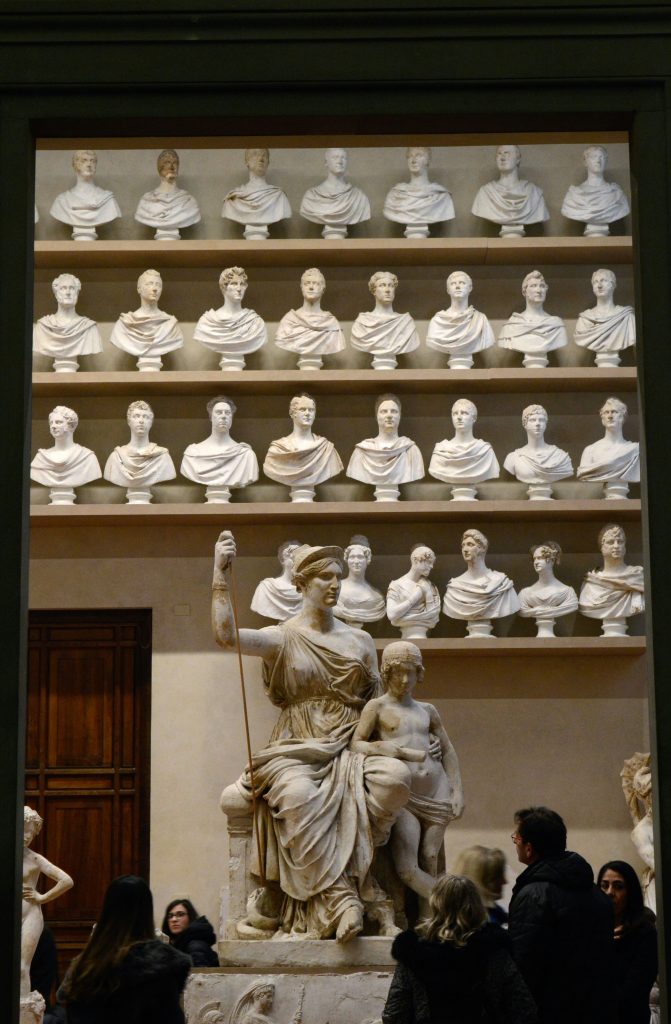[FR] The question of European identity in the construction of the Union

The question of European identity, which had been so central to the great debates of the interwar period and until the early 1950s, was eclipsed for a long time when the construction of the European Union as we know it today began. This was undoubtedly helped by the deliberately pragmatic, non-ideological, anti-rhetorical approach of the functionalist method invented by Jean Monnet. His method was one of concrete projects, small steps, tactical rejection of grand designs, and the patient maturation of common interests. It is thanks to this approach that a new political and institutional reality has taken shape in modern history, now regarded by other continents as the model of international relations best suited to the so-called post-Westphalian world.
But this approach has also had the effect of leaving the field open to the opponents of the European project. Admittedly, the idea of establishing peace and reconciliation between the peoples of the continent on the basis of a dense network of common interests was in no way inspired by a lack of passion or petty materialism; on the contrary, it stemmed from a passionate awareness of the perverse excesses to which nationalist fury could lead in the absence of commonly agreed limits on sovereignty.
‘A Europe without a soul, without solidarity, held hostage by merchants and bankers, threatening the highest intangible values, appealing to the selfishness of the mediocre rather than the generosity of the great.’ These are the slogans that opponents of European integration have seized upon over the years, filling a void in the discourse in favour of a united Europe. A mischievous irony of history has perpetuated this confusion between the heroic ends and the very practical means of European integration. Yet all those who know the true personalities of Monnet, Schuman, Adenauer, De Gasperi, Spaak, Mitterrand, Kohl, Gonzales, Andreotti and Delors know what place passion and interest occupied in their work as builders of Europe, and how far they were from the caricature of a purely commercial Europe.




